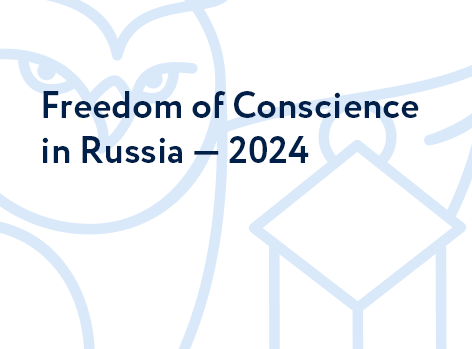The Journal of Law and Religion publishes an open access article by Alexander Verkhovsky on anti-extremism policy in the religious sphere in contemporary Russia.
Following a brief overview of the relevant anti-extremism legislation, the author discusses the dual nature of its design and implementation: in the religious sphere, it is intended both to protect public and state security and to suppress any practice the authorities perceive as a threat to ‘traditional values’.
The article provides for a concise analysis of how this policy was applied — from 2014 to 2023. It highlights both standard legal mechanisms, such as those addressing religious hate speech and radicalisation, and mechanisms specific to modern Russia, including censorship of religious texts, media and symbols, labeling religious organizations as undesirable, etc.
While the scope of anti-extremism policy related to religion is gradually expanding, its relative importance within the broader anti-extremist framework is diminishing. Increasingly, this policy serves not only to protect state security but also to uphold state ideology — a trend that extends far beyond the religious sphere.


